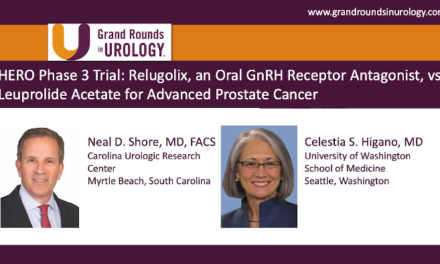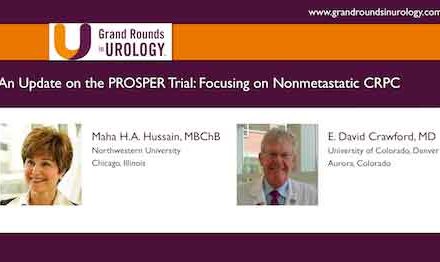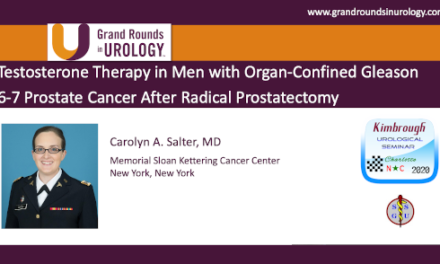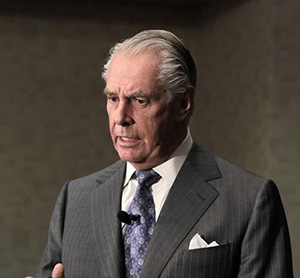Multimodal Approach to Advanced Prostate Cancer
Martin E. Gleave, MD, FRCSC, FACS, presented “Multimodal Approach to Advanced Prostate Cancer,” with an introduction from E. David Crawford, MD.
Multimodal Approach to Advanced Prostate Cancer
Summary:
Martin E. Gleave, MD, FRCSC, FACS, discusses his views on improving advanced prostate cancer treatment approaches. Specifically, he emphasizes methods that integrate various treatment options beyond surgical castration and androgen deprivation therapy (ADT).
To further expand your knowledge of prostate cancer treatment with ADT, visit the Androgen Deprivation Therapy Next Generation Learning Center.
Androgen Action
Dr. Gleave explains the basic science behind androgen action driving prostate cancer carcinogenesis, proliferation, and cancer cell survival. Due to this, targeting the androgen receptor (AR) pathway can control the disease, lead to remissions, and cause prolonged survival. Naturally, this has made ADT been a mainstay of metastatic prostate cancer treatment methods in recent history.
Androgen Deprivation Therapy for Castrate Sensitive Prostate Cancer
Though ADT has proven its efficacy in recent years, Dr. Gleave believes urologists must explore the combination of ADT with systemic or regional therapies to further improve patient outcomes. As an illustration, he reviews clinical trials testing docetaxel/ADT and abiraterone/ADT combinations. He describes “maximizing ADT,” or in other words, targeting ligand production and antagonizing its effects. Furthermore, he compares and contrasts continuous vs. intermittent therapy. He recommends focusing on multimodal considerations when deciding to prescribe ADT for men with oligometastatic or low burden metastatic disease.
Emerging AR Pathway Inhibitors in Castrate Resistant Prostate Cancer
Dr. Gleave summarizes clinical trials for emerging AR pathway inhibitors and treatment methods. First, he reviews the STAMPEDE trial, which compared ADT monotherapy against ADT plus definitive treatments. Additionally, he discusses Best Systemic Treatment plus definitive treatment.






